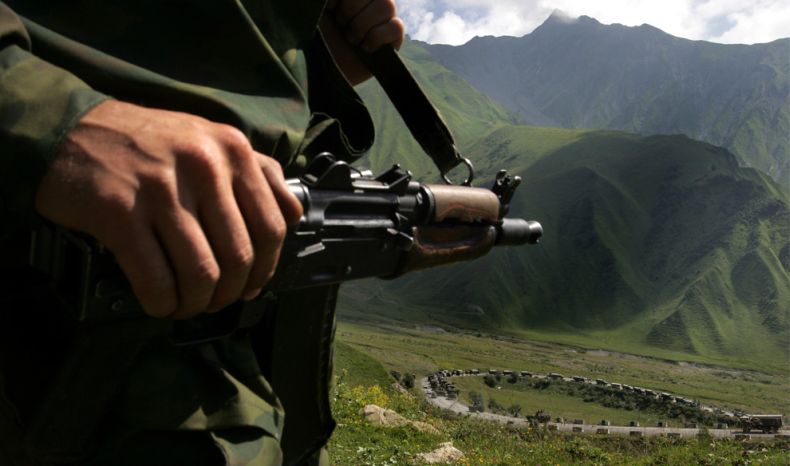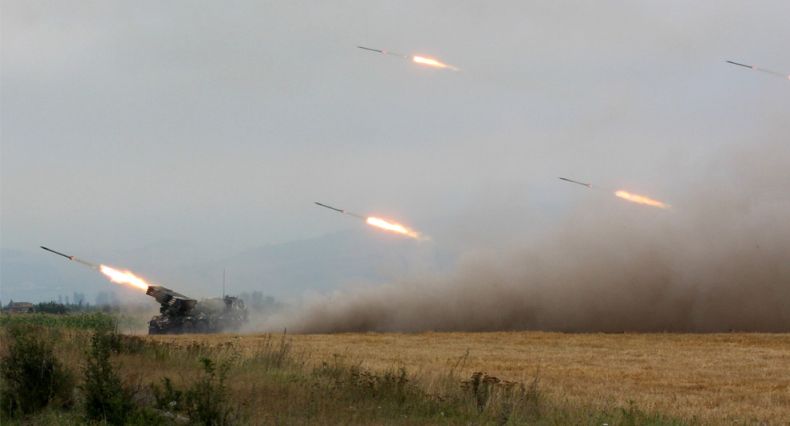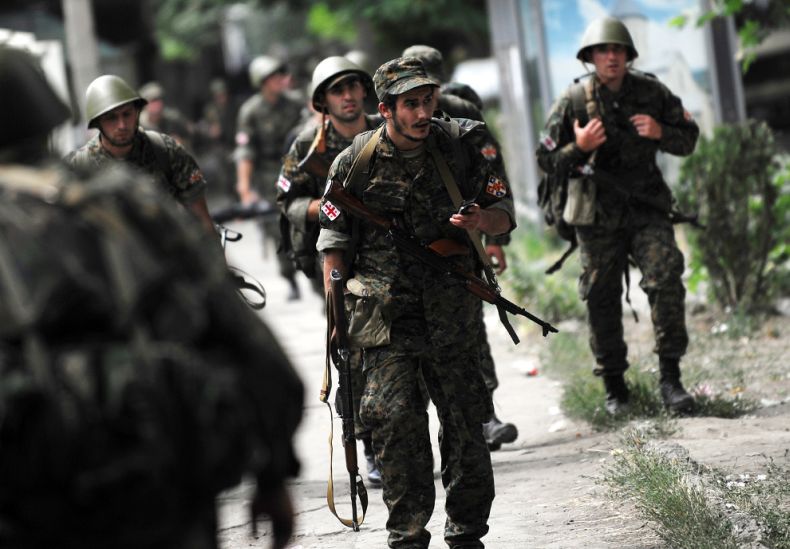Gains from Trade
Has the move to China been good for American companies? The answer would seemingly have to be yes—otherwise, why would they go there? It is conceivable that bad partnerships, stolen intellectual property, dilution of brand name, logistics nightmares, or other difficulties have given many companies a sour view of outsourcing; I have heard examples in each category from foreign executives. But the more interesting theme I have heard from them, which explains why they are willing to surmount the inconveniences, involves something called the “smiley curve.”
The curve is named for the U-shaped arc of the 1970s-era smiley-face icon, and it runs from the beginning to the end of a product’s creation and sale. At the beginning is the company’s brand: HP, Siemens, Dell, Nokia, Apple. Next comes the idea for the product: an iPod, a new computer, a camera phone. After that is high-level industrial design—the conceiving of how the product will look and work. Then the detailed engineering design for how it will be made. Then the necessary components. Then the actual manufacture and assembly. Then the shipping and distribution. Then retail sales. And, finally, service contracts and sales of parts and accessories.
The significance is that China’s activity is in the middle stages—manufacturing, plus some component supply and engineering design—but America’s is at the two ends, and those are where the money is. The smiley curve, which shows the profitability or value added at each stage, starts high for branding and product concept, swoops down for manufacturing, and rises again in the retail and servicing stages. The simple way to put this—that the real money is in brand name, plus retail—may sound obvious, but its implications are illuminating.
At each factory I visited, I asked managers to estimate how much of a product’s sales price ended up in whose hands. The strength of the brand name was the most important variable. If a product is unusual enough and its brand name attractive enough, it could command so high a price that the retailer might keep half the revenue. (Think: an Armani suit, a Starbucks latte.) Most electronics products are now subject to much fiercer price competition, since it is so easy for shoppers to find bargains on the Internet. Therefore the generic Windows-style laptops I saw in one modern factory might go for around $1,000 in the United States, with the retailer keeping less than $50.
Where does the rest of the money go? The manager of that factory guessed that Intel and Microsoft together would collect about $300, and that the makers of the display screen, the disk-storage devices, and other electronic components [in Malaysia, Korea, and elsewhere outside China] might get $150 or so apiece. The keyboard makers would get $15 or $20; FedEx or UPS would get slightly less. When all other costs were accounted for, perhaps $30 to $40—3 to 4 percent of the total—would stay in China with the factory owners and the young women on the assembly lines.
Other examples: A carrying case for an audio device from a big-name Western company retails for just under $30. That company pays the Chinese supplier $6 per case, of which about half goes for materials. The other $24 stays with the big-name company. An earphone-like accessory for another U.S.-brand audio device also retails for about $30. Of this, I was told, $3 stayed in China. I saw a set of high-end Ethernet connecting cables. The cables are sold, with identical specifications but in three different kinds of packaging, in three forms in the United States: as a specialty product, as a house brand in a nationwide office-supply store, and with no brand over eBay. The retail prices are $29.95 for the specialty brand, $19.95 in the chain store, and $15.95 on eBay. The Shenzhen-area company that makes them gets $2 apiece.
In case the point isn’t clear: Chinese workers making $1,000 a year have been helping American designers, marketers, engineers, and retailers making $1,000 a week (and up) earn even more. Plus, they have helped shareholders of U.S.-based companies.
- China Makes, The World Takes, The Atlantic, July/August 2007
There's just one problem with this. The low-income class in America who aren't benefiting from this form the largest voter section, and I doubt they enjoy the fact that their richer peers are making more while they get nothing out this.
Just one of many reasons why democracy is something the majority can easily abuse.



















